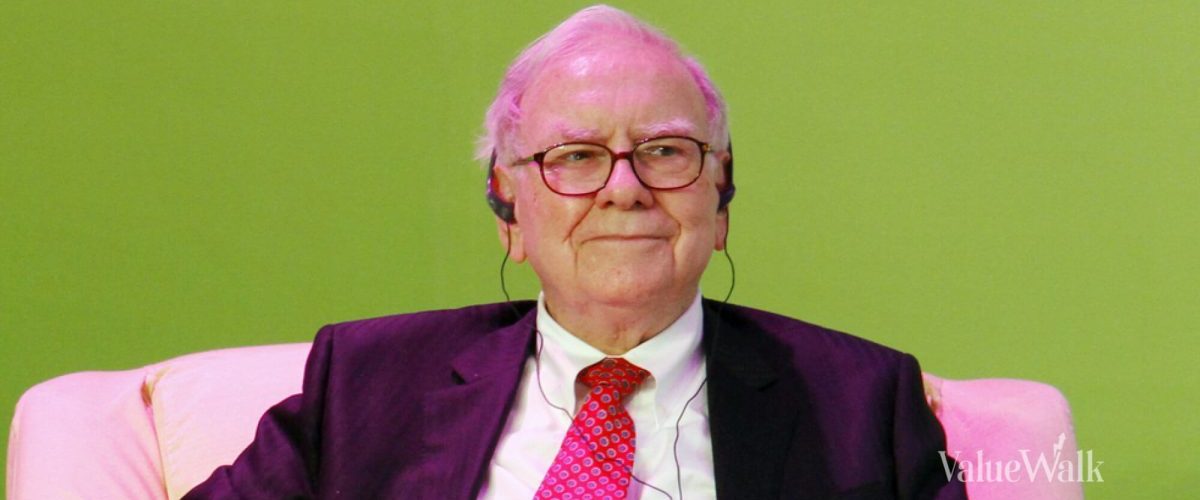Founded by eccentric billionaire Richard Branson, Virgin Galactic (NYSE:SPCE) offers wealthy people a chance to be astronauts for a day. The company just celebrated another successful flight, but whether Virgin Galactic stock will take flight is a different story entirely.
It’s great to hear that Virgin Galactic completed another flight mission and that the passengers and crew all landed safely. However, it’s not 2021 anymore, and speculative assets like Virgin Galactic stock don’t have the same moon-shot prospects in a high-interest-rate environment.
Don’t celebrate too much
The concept of diminishing returns should certainly apply to Virgin Galactic’s space flights. The company’s first successful flight may have been a historic moment, although flight number 12 just doesn’t have the same impact.
My purpose here isn’t to downplay the safe and successful completion of Virgin Galactic’s 12th mission. Over the weekend, the company’s Unity spaceship landed as part of its Galactic 07 flight.
Virgin Galactic CEO Michael Colglazier described Unity’s final commercial flight as “breathtaking” and celebrated the “ship’s unprecedented achievements in human spaceflight.”
Now as Virgin Galactic retires the Unity spacecraft, it’s also preparing to roll out its next spaceship model called the Delta Class.
Stargazers won’t get to see any Delta Class ships take flight anytime soon though. According to the press release, the rollout of Virgin Galactic’s first Delta Class ships for commercial service isn’t expected to take place until 2026.
That’s a long time between the end of Unity and the start of Delta Class. This begs the question of how Virgin Galactic intends to generate substantial revenue and income in the meantime.
I’m certainly not trying to suggest that this was a “so what?” moment for Virgin Galactic. The press release provided essential details about the scientific research conducted during Unity’s final flight.
Among that research was a “University of California, Berkeley experiment to test new 3D printing technology while in microgravity.” Some investors may remember that just a few years ago, 3D printing was supposed to be the next millionaire-maker trend in the financial markets.
That trend came and went quickly, but the story of 3D printing might not be over just yet. Perhaps Virgin Galactic can revive it if it can demonstrate 3D printing’s utility in space.
On the other hand, it’s hard to imagine that any progress in 3D printing or elsewhere will happen quickly. Due to safety concerns and regulations, Virgin Galactic’s milestone moments have to measured in months, quarters or years.
That’s frustrating when SPCE stock, once worth around $50 per share in 2021, now trades for less than $1. Given the stock’s relentless drawdown, Virgin Galactic’s investors might not have the time or patience to wait for slow-moving scientific progress.
Delisting threat and cash-burn issues
The share-price collapse of Virgin Galactic stock isn’t just frustrating; it’s downright problematic. That’s because the New York Stock Exchange (NYSE) has rules that prohibit listed stocks from trading below $1 for too long.
Thus, the NYSE sent Virgin Galactic a delisting notice because its stock traded below $1 for more than 30 consecutive days. Virgin Galactic then notified the NYSE of its intention to regain compliance with the share-price minimum rule.
To regain compliance, Virgin Galactic plans to follow the well-worn playbook on the subject and ask shareholders to approve a reverse stock split.
This may not necessarily be the beginning of the end for Virgin Galactic. However, it’s rarely a positive sign when a company resorts to a reverse stock split to regain exchange-listing compliance because it doesn’t actually solve its fundamental problems.
For one thing, Virgin Galactic is a consistently unprofitable enterprise that sustained a $102 million net loss in the first quarter. Moreover, the company has a rapid cash-burn rate, as evidenced by its Q1-2024 negative free cash flow (FCF) of $126 million.
Analysts expect Virgin Galactic to burn through another $126.9 billion in the current quarter. By the way, the company considers it a “financial highlight” that it issued 5.1 million new shares of stock to generate capital during the first quarter.
At least some more rich folks will get to spend an hour or two in space… in 2026. To butcher the famous Neil Armstrong quote, I believe it will be one small step for man and one giant disappointment for Virgin Galactic’s shareholders.





